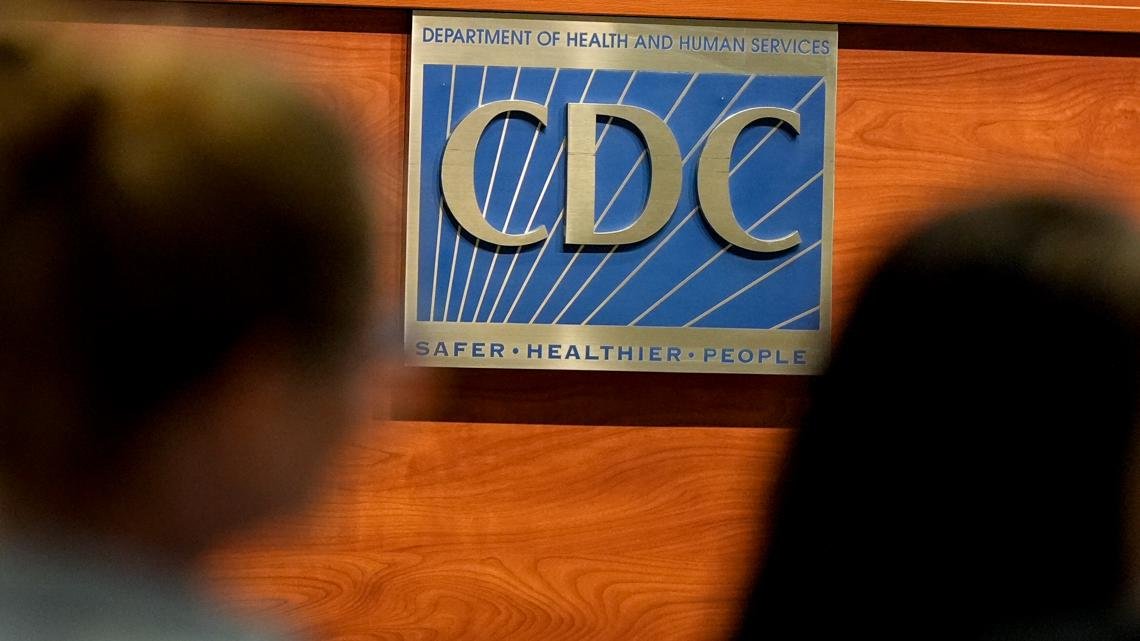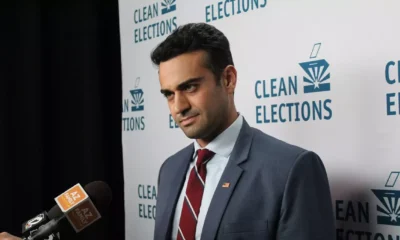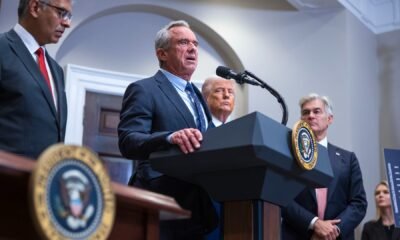cct-tracking
Kennedy’s Vaccine Panel Stirs Controversy Among Pediatricians with Provocative Inquiries

ATLANTA — U.S. Health Secretary Robert F. Kennedy Jr. has stirred controversy among pediatricians with the announcement of new inquiries into established vaccination practices for children. The newly formed seven-member panel, selected by Kennedy, held its initial meeting Wednesday, led by committee chairman Martin Kulldorff.
At the forefront of discussions was the assessment of the “cumulative effect” of the children’s vaccination schedule. Kulldorff emphasized further evaluation on vaccines for hepatitis B and the combined MMR (measles, mumps, and rubella) with chickenpox protection.
This shift denotes a significant alteration in the Advisory Committee on Immunization Practices (ACIP), a body that has guided vaccination recommendations for over six decades. Kennedy’s recent decision to replace the entire 17-member panel has raised eyebrows, particularly given his background as a vocal opponent of vaccines.
“Vaccines are not all good or bad,” Kulldorff remarked. He acknowledged a growing necessity to modernize vaccine insights, a sentiment echoed by vaccine skeptics who argue that increased exposure to multiple vaccinations might overwhelm children’s immune systems. However, such claims have been scrutinized and largely dismissed by scientific research.
Moreover, Dr. Paul Offit, a leading vaccine expert, highlighted that current generations of children face fewer antigens than their grandparents, attributing this to advancements in vaccine technology.
The American Academy of Pediatrics (AAP) has responded to these developments, maintaining its own independent vaccination schedule for children and deeming the ACIP’s processes “no longer credible.” Dr. Sean O’Leary of the AAP stated, “These policies have saved trillions of dollars and millions of lives.”
Following the panel’s restructuring, several prominent CDC vaccine scientists have resigned or been relocated. A noteworthy departure was a Virginia obstetrician and gynecologist who withdrew amidst a financial holdings review.
COVID-19 vaccinations were among the critical issues discussed in the meeting. Kennedy announced a cessation of recommendations for healthy children and pregnant women. Yet, CDC data suggests that vaccination remains vital for pregnant women and significantly reduces hospitalization rates among children.
With ongoing public health threats from COVID-19 resulting in substantial morbidity and mortality, the future of vaccination access remains uncertain following Kennedy’s recommendations.
The committee also postponed a vote regarding new RSV (respiratory syncytial virus) protections for infants. U.S. health authorities introduced protective measures in 2023, including lab-developed antibodies for newborns and vaccines for pregnant women, contributing to improvements in infant mortality rates.
Concerns loom over an upcoming vote on a preservative in flu shots that has been controversially linked to autism by some groups. A recent CDC report clarifying no evidence of such a connection was removed shortly after being posted, signaling potential contention in forthcoming discussions.
This assembly’s evolving dynamics reflect a contentious intersection of health policy and vaccine discourse in the current U.S. public health landscape.


















